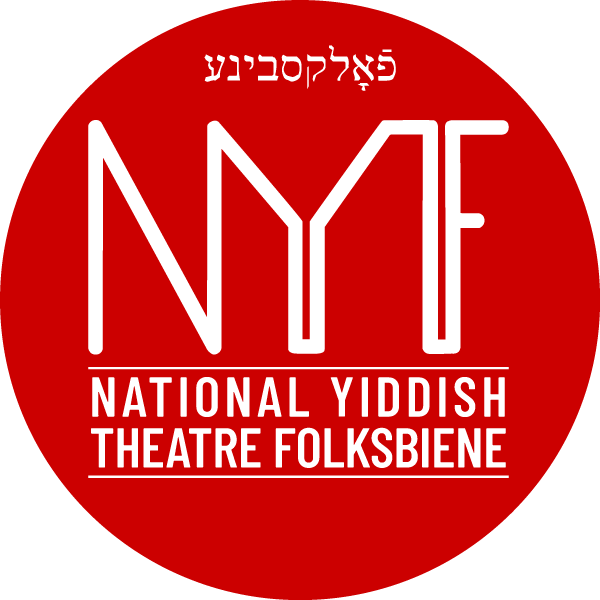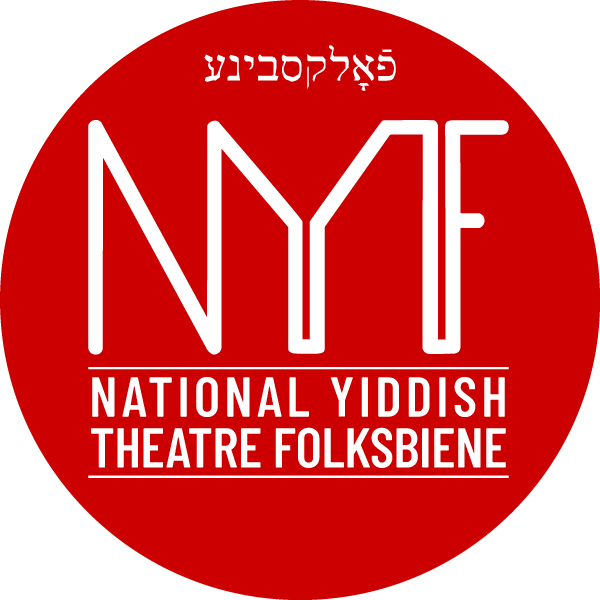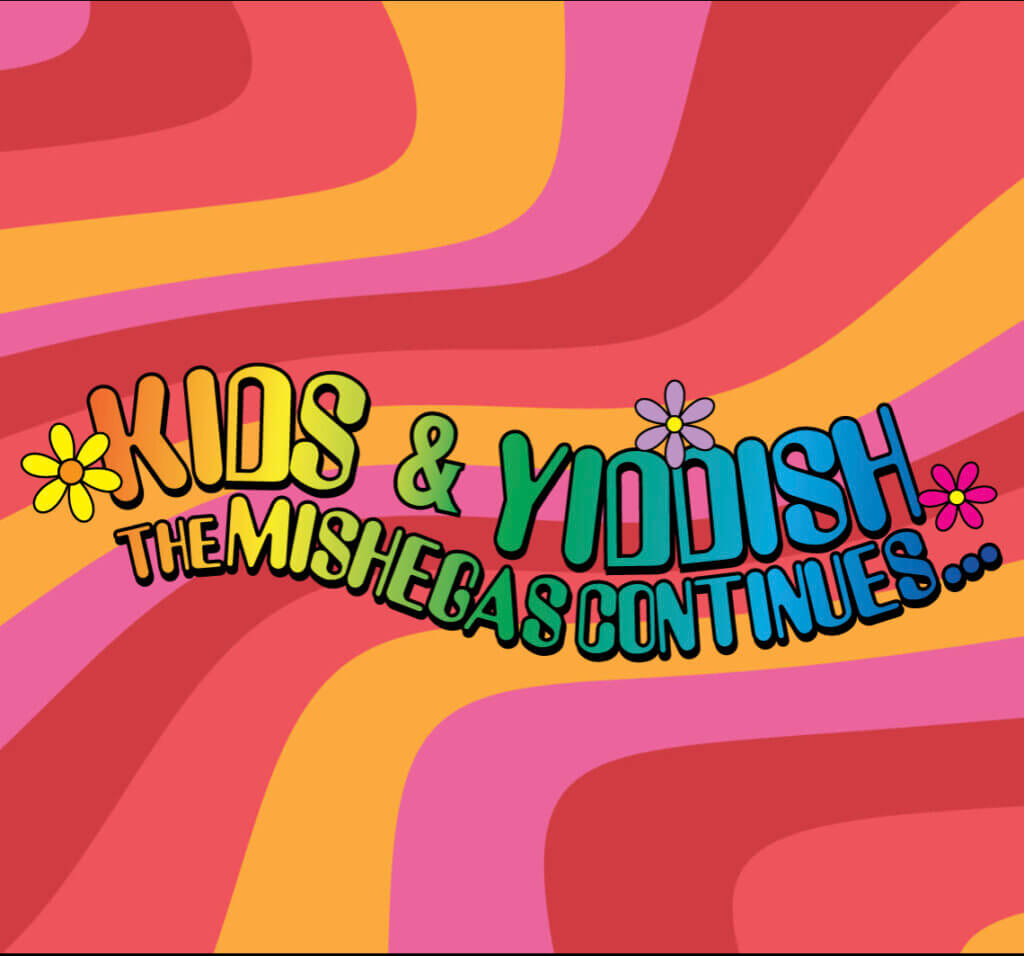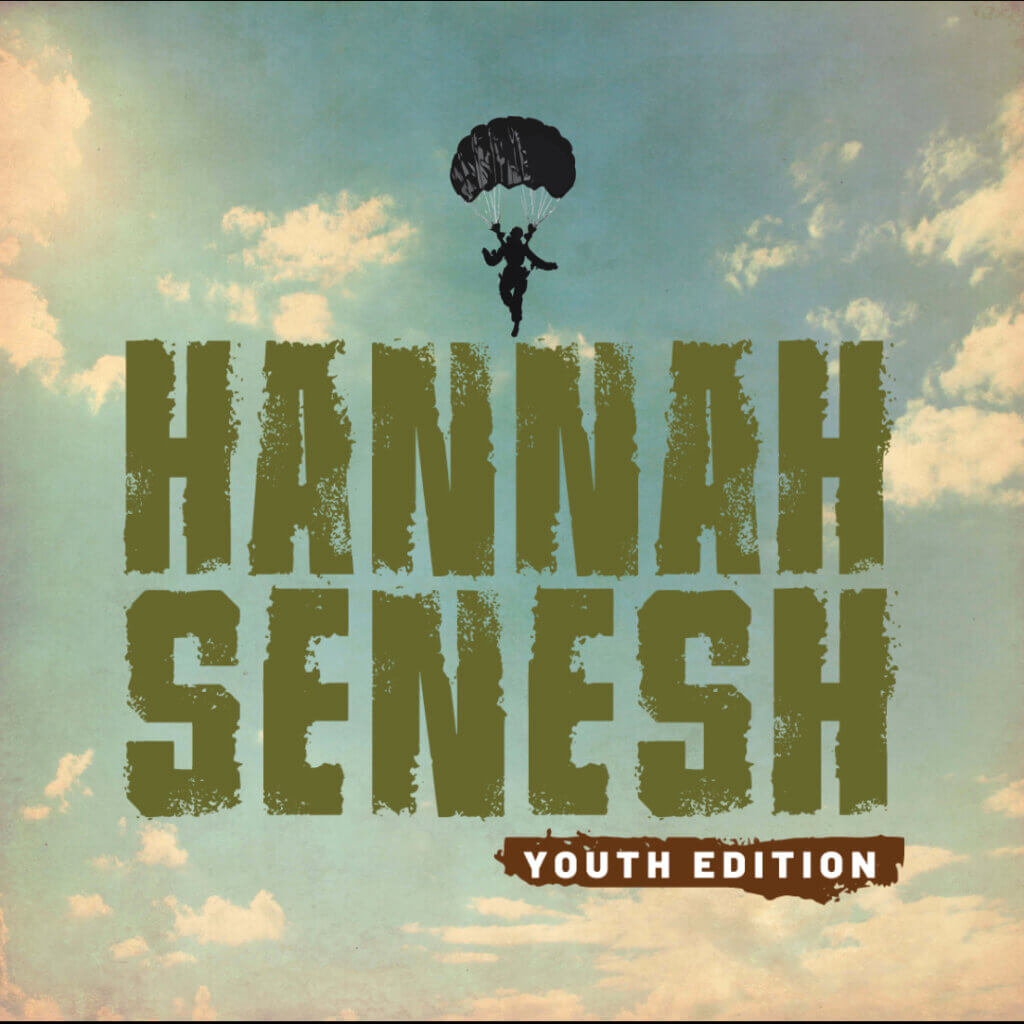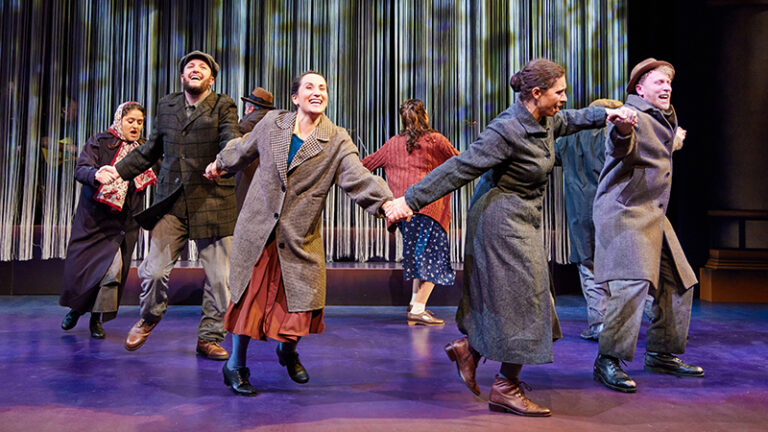Get to know Avram Mlotek, who has been performing on the Yiddish stage since he was three years old – and has now created the libretto for the world premiere of Amid Falling Walls (Tsvishn Falndike Vent).
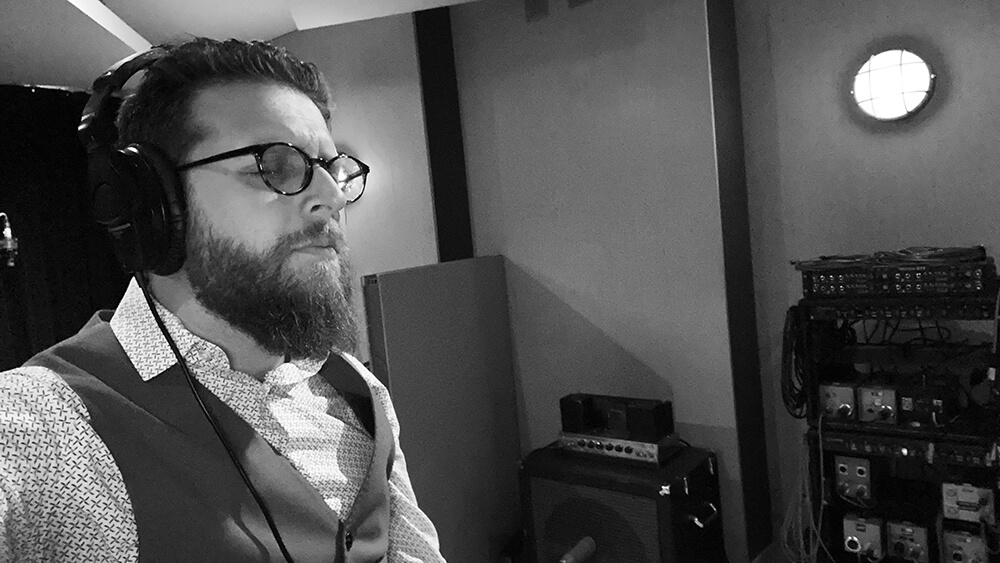
Avram Mlotek is a rabbi, cantor, licensed social worker, and author. A Yiddish singer and actor, too (since he was three years old!), Avram grew up in a family learning Yiddish from a very young age – and now he has scripted the libretto for National Yiddish Theatre Folksbiene’s new musical, Amid Falling Walls (Tsvishn Falndike Vent).
“I tease my father, Zalmen, that I learned Yiddish songs from the Holocaust before I ever knew English nursery rhymes,” Avram says. “I grew up with Yiddish songs sung at family and holiday gatherings and commemorations.”
Audiences will be able to experience those songs this November when Amid Falling Walls (Tsvishn Falndike Vent) opens for a limited, four-week run. Songs that vary in style and energy but speak to universal messages of spiritual resistance and hope.
“This musical is inspired by some of my father’s past musical projects, where he spent the last half-century devoted to this body of work of Yiddish music,” Avram says. “The libretto is composed of survivor testimony and poetry; to be able to sing these songs, honor the material and its originators is personally very inspiring as a grandchild of Holocaust survivors.”
Amid Falling Walls celebrates the resilience and hope of those who endured during the Holocaust as portrayed through the power of Yiddish song. The production features material written and performed in ghettos, cabarets, partisan encampments in the forests, concentration camps, and clandestine theaters. It includes firsthand testimony of people living through the Holocaust via their own poetry and music.
Although many of the young men and women in their 20s and 30s who created the remarkable work featured in the production were murdered during World War II, their songs are brought to life in a show that is the first of its kind: the authentic story of resistance and hope through the words and music of those who were there.
Many of the songs were curated by Shmerke Kaczerginski, a Yiddish-speaking poet, musician, writer, partisan fighter, and cultural activist who made it his mission to collect songs of the Holocaust.
“There have been other collectors, but Shmerke was the first and the most comprehensive collector who traveled to Displaced Persons camps, hotels, and hostels, wherever he could interview a survivor. My grandmother was a music archivist at YIVO and a columnist for the Forward for more than 50 years. She and my great aunt Malke Gottlieb compiled an anthology of Yiddish songs of the Holocaust, many of which came from Shmerke’s collection. Theirs was the first collection of Yiddish songs of the Holocaust translated into English. As a family, we would sit around her piano in the Bronx and sing these songs.”
The passages in those songs speak of perseverance, of hope amid the horror, moments that resonate throughout the darkest of times, even now as we bear witness to global atrocities.
“The fact that people were able to create art and write music and poetry and engage with their humanity in the most raw way – that to me is the resistance of the spirit, even if the songs sometimes describe the most atrocious circumstances,” Avram says. “Sometimes the songs are outspoken in their contempt for their oppressors; other times they are lullabies, love songs, songs of comfort, songs that depict the terror of their daily lives. But the songs ultimately reflect the raw human need to speak out and sing out.”
“We often focus more on how Jews died and not on how Jews lived, whether before or during the war,” Avram continues. “These songs often show the spiritual resistance that existed. The idea that people resisted in a variety of ways. The countless people who sang these songs are not around anymore, but to be able to hear these songs again and share them with the world brings honor to the memory of those we lost, and I hope it inspires all of us to speak out against antisemitism as well.”
Avram adds what he hopes audiences will experience when seeing Amid Falling Walls, “The Hasidic rabbis teach that song is prayer. I pray people can emerge from the theater moved and inspired by this new work.”
